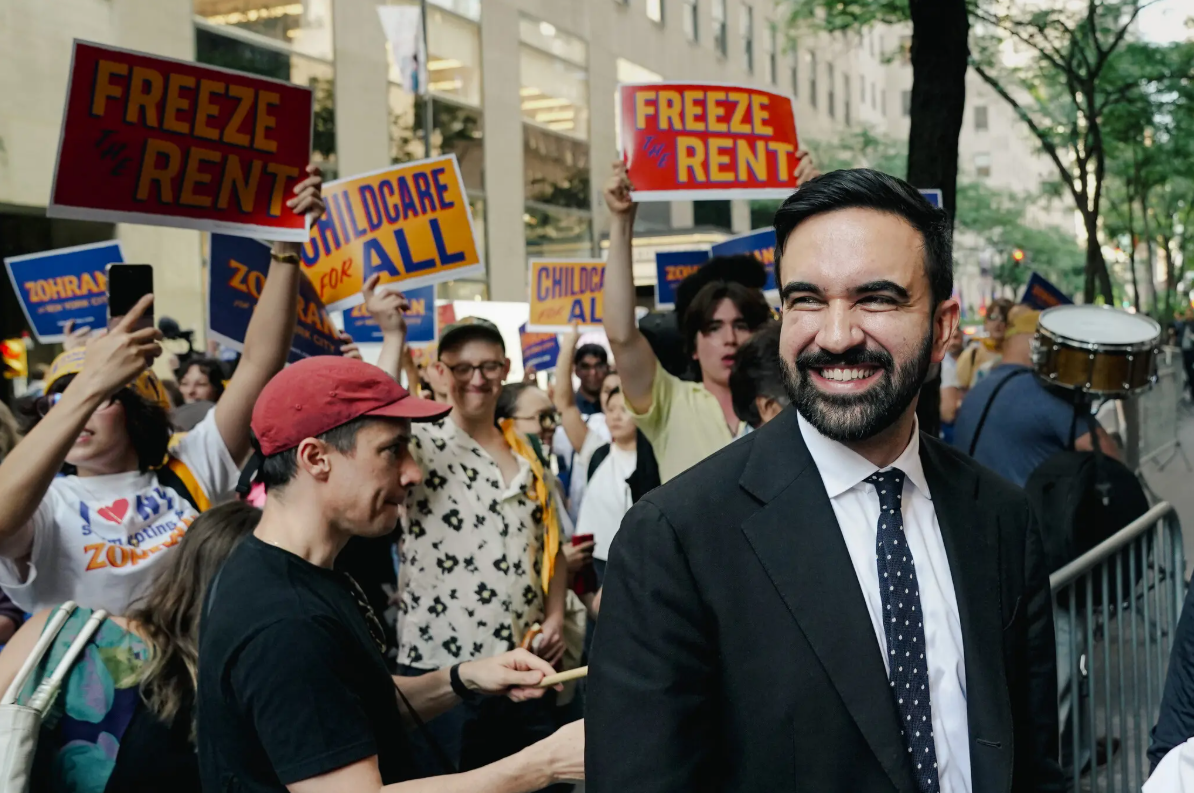
California’s looming gas crisis is not the result of market failure or corporate greed. It is the direct consequence of political decisions made in Sacramento. For years, state leaders have restricted oil production, punished refiners, and imposed layers of regulations that make energy production economically irrational. The outcome was never in doubt. When supply is constrained and demand remains constant, prices rise. This is not ideology. It is basic economics.
California once ranked among the world’s leading oil producers. Today, it produces less than a quarter of its own energy needs. At the same time, the state has driven major refineries out of operation. When those refineries close, California will be forced to import gasoline from out of state and overseas. That dependence will raise costs, increase volatility, and expose consumers to supply disruptions. Eight-dollar gasoline is not a mystery. It is a policy choice.
In 2017, the U.S. intelligence community claimed with “high confidence” that Vladimir Putin ordered an influence campaign to help Donald Trump win the presidency. That conclusion fueled years of investigations, media hysteria, and deep public distrust. But newly declassified documents reveal something shocking: the entire judgment was based on one vague sentence from a single human source, so unclear that CIA officers said, “Five people read it five different ways.” Even worse, critical intelligence that contradicted the narrative was buried. One officer said, “We were not given the chance to offer that input.” Another admitted, “There was pressure to make sure the Trump conclusion stuck.” This wasn’t intelligence. It was manipulation. And now, the truth is finally on paper.
Zohran Mamdani isn’t offering bold solutions, he’s peddling failed ideologies. His vision of rent freezes, government-run grocery stores, and defunded police departments isn’t just economically illiterate, it’s historically disastrous. From Soviet supermarkets to Venezuela’s ration lines, we’ve seen what happens when government replaces markets and ideology replaces reality. If New York hands the reins to a self-proclaimed socialist, it won’t just flirt with collapse, it’ll sprint toward it.
Latest Blogs
The Bald Brad Show Podcast is hosted by Brad Roberts, a writer, author, and political pundit.



